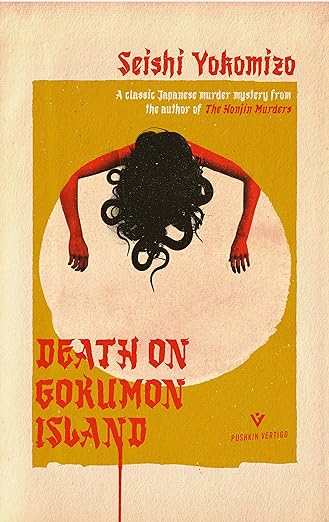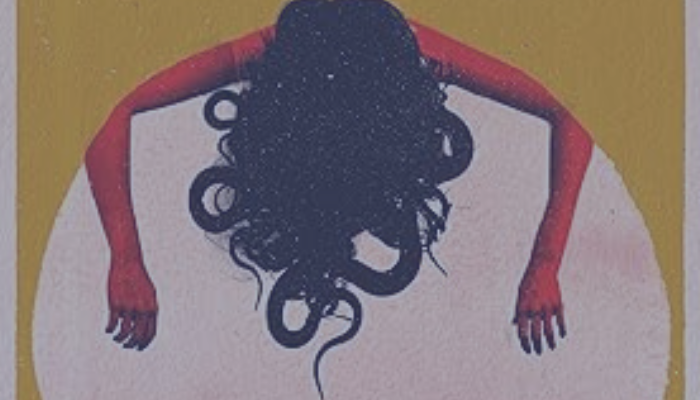

If you know me, you know that I love murder stories. 90% of my television viewing happens on BritBox and involves some detective or another solving capital crimes. Many of these stories are formulaic, steeped in genre tropes, but that’s part of the draw. It’s comforting, relaxing even, to solve high crimes alongside an oddball detective (amateur or otherwise), and try to put the clues together before the end.
I guess I always just assumed that these kinds of stories were culturally specific to the west. That is, until I met Seishi Yokomizo! I’d been looking for Japanese lit and threw the question out on Mastodon one day, hoping for recommendations from any genre, not expecting to be introduced to the Japanese Agatha Christie.
Yokomizo was born in 1902, in Kobe, Japan. Over his lifetime he wrote dozens of mystery novels featuring his “Poirot”, an unconventional detective named Kosuke Kindaichi. Unfortunately, only a handful of these have been translated into English. The first one I picked up, Death on Gokumon Island, was first published in 1947, a fact I only learned after I’d finished reading it. I was shocked. It was as engrossing and exciting as any modern detective story – with the added benefit (for me) of being steeped in Japanese culture.
The story takes place in 1945, just as the war has ended in Japan. We find ourselves accompanying Kosuke Kindaichi on an errand to a small island dominated by fishing culture and the powerful families who run these fishing operations. Despite the fact that Gokumon Island isn’t populous, there are factions fighting against one another for dominance over their industry. When one of the daughters of the wealthiest family turns up dead in the Buddhist temple, Kosuke Kindaichi begins an investigation that will take him all over the island, introducing us to a cast of characters, each of whom are plausible suspects.
Again, this is very much in line with the genre, overall. But the parts that are distinctly Japanese (and from that time period, add a great deal to the story. Cultural observances, family dynamics, art and poetry – all of these are at play in the plot, adding to the mystery and uncertainty for those unaccustomed to life in early 20th century Japan.
I loved this book. It may not be revolutionary, but frankly, I don’t need all my books to shake me up. I enjoy a good old-fashioned mystery novel, which Death on Gokumon Island most definitely is.

